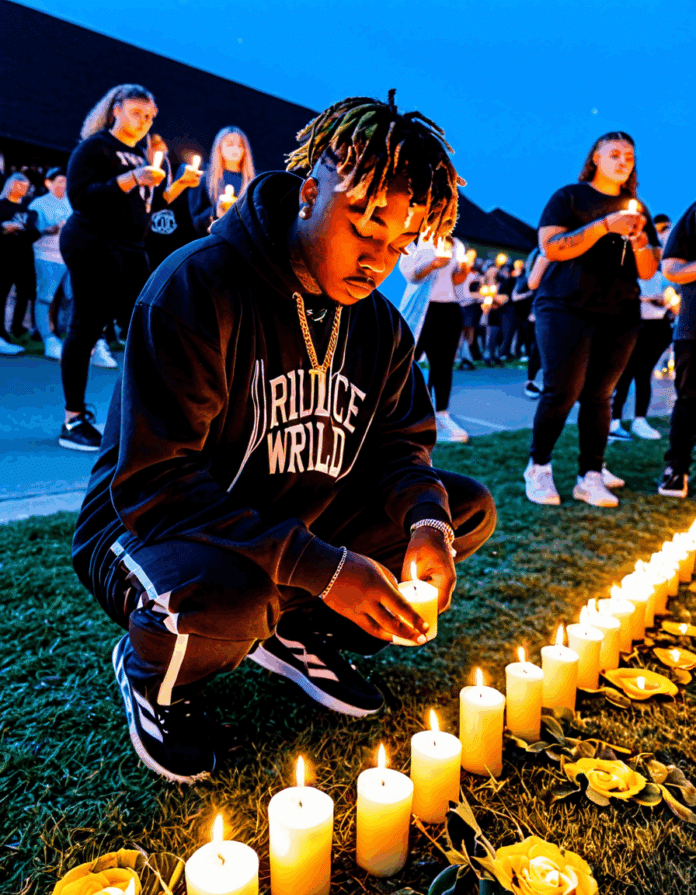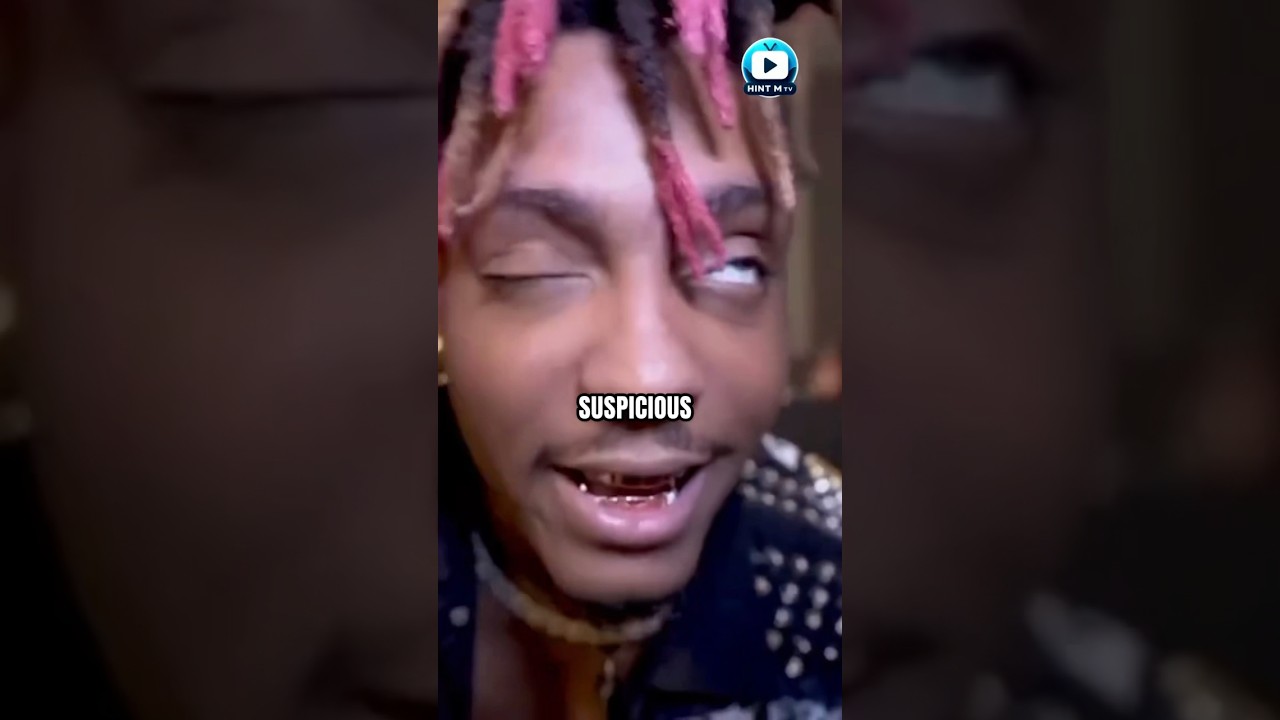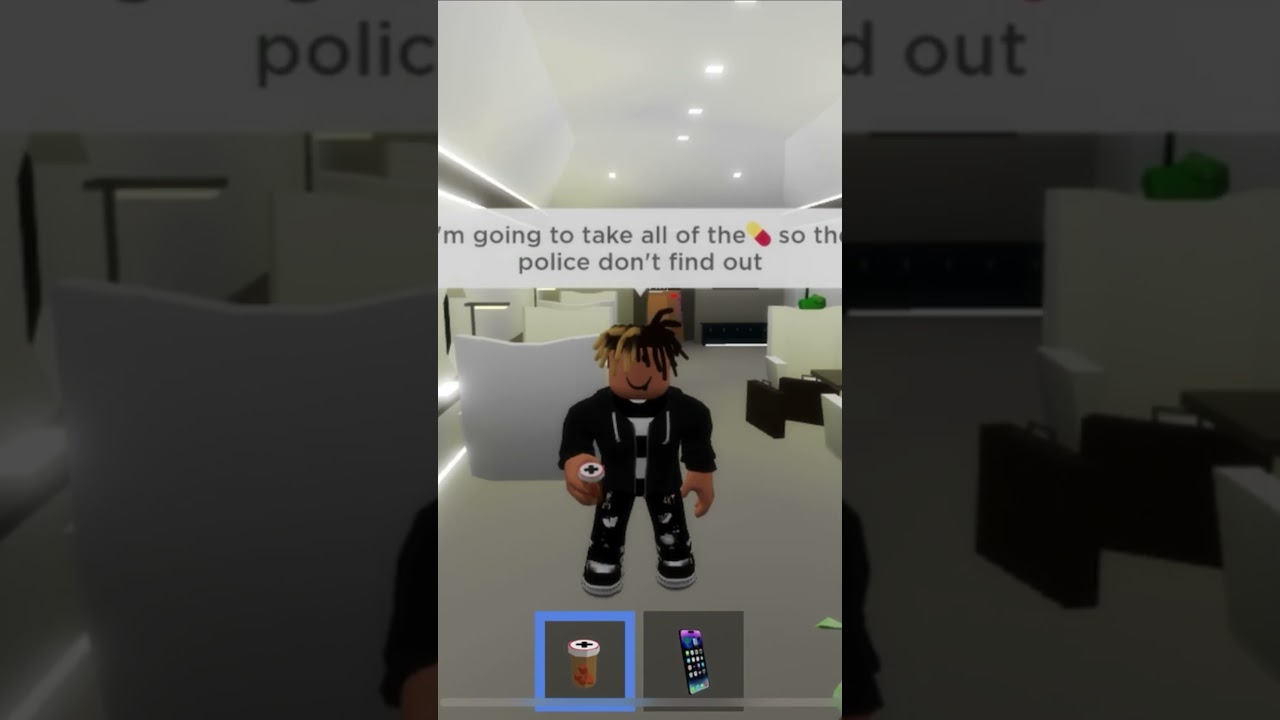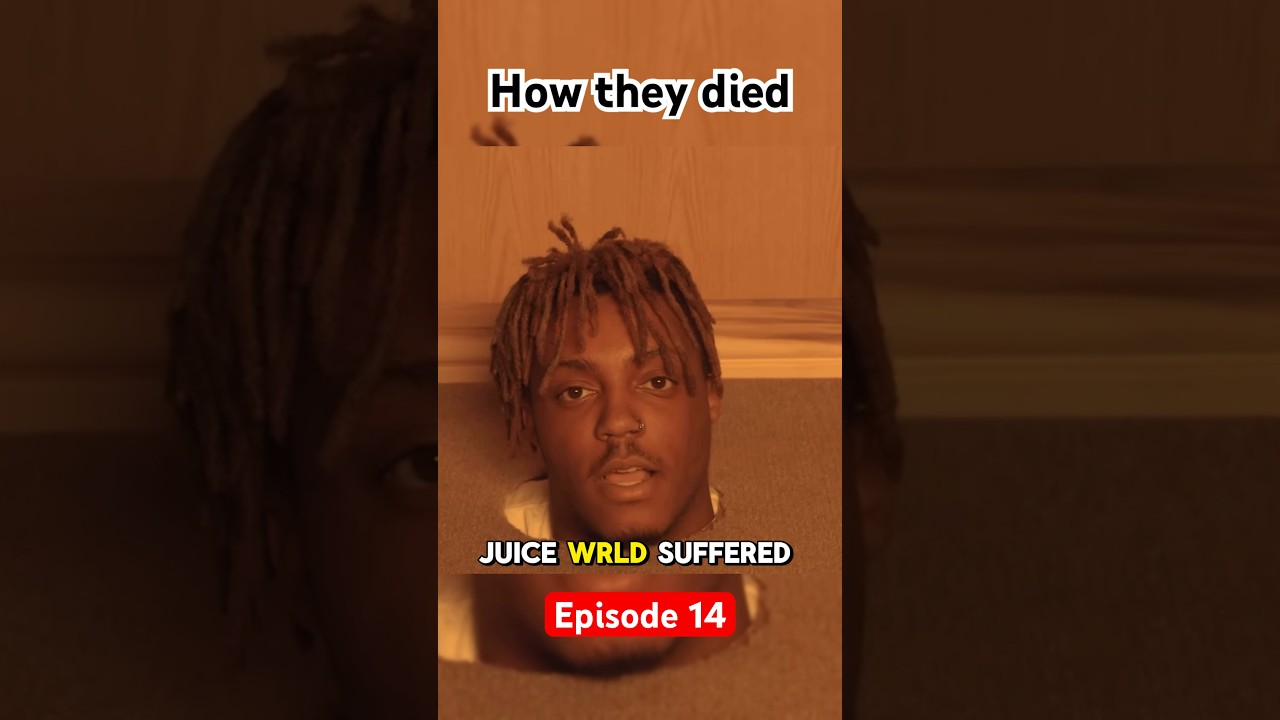Juice Wrld, whose real name was Jarad Higgins, left the world far too soon when he died on December 8, 2019, at just 21 years old. How did Juice Wrld die? The young artist’s passing was attributed to an accidental overdose of oxycodone and codeine, leaving fans in shock. Just hours before his death, he performed at a concert in Los Angeles. Little did anyone know that those would be his final moments, highlighting the precarious nature of fame and the hidden struggles many artists face. This tragic tale serves as a stark reminder of the urgent need for conversations about mental health and the dangers of substance abuse in the music industry.
In his final moments, Juice Wrld had just landed in Chicago after a flight from California. According to reports, he suffered a seizure at Chicago’s Midway International Airport shortly after arriving. Emergency responders tried to revive him, but he was pronounced dead shortly thereafter. The news spread like wildfire, capturing the attention of fans and critics alike—everyone wanted to know how did Juice Wrld die and why it had to happen to someone so young and talented.
Juice Wrld’s death was not just a loss to his family and friends, but it rippled through his vast fanbase, representing a significant moment in the ongoing conversation about artist welfare. Despite the unfortunate circumstances surrounding his death, his legacy is still alive, raising important discussions about the music industry’s responsibility towards its artists.
The Ripple Effect: How Juice Wrld’s Death Affected His Fanbase
Juice Wrld’s untimely death created a wave of grief that resonated deeply among his fans. His music had become a haven for young listeners grappling with mental health issues, heartbreak, and existential dilemmas. This community turned to social media to express their sorrow, sharing emotional tributes and personal stories of how his lyrics helped them navigate life’s challenges.
In the wake of his passing, hashtags like #JuiceWrld and #LegendsNeverDie trended heavily online, indicating the profound impact he had on his followers. Fans connected through shared grief, drawing strength from each other in a time that felt overwhelmingly heavy. Juice’s lyrics, often filled with vulnerability and raw emotions, acted as a mirror reflecting the struggles many were facing in their own lives. Social media platforms became a canvas for these tributes—a testament to how music can bring people together, even in sorrow.
The aftermath of Juice Wrld’s death sparked an increased focus on the importance of mental health in the music scene. His story prompted discussions around the necessity of support systems for musicians who face similar pressures. Instead of merely mourning, fans began advocating for awareness and understanding, ensuring that his legacy would not be forgotten but rather serve as a catalyst for change.
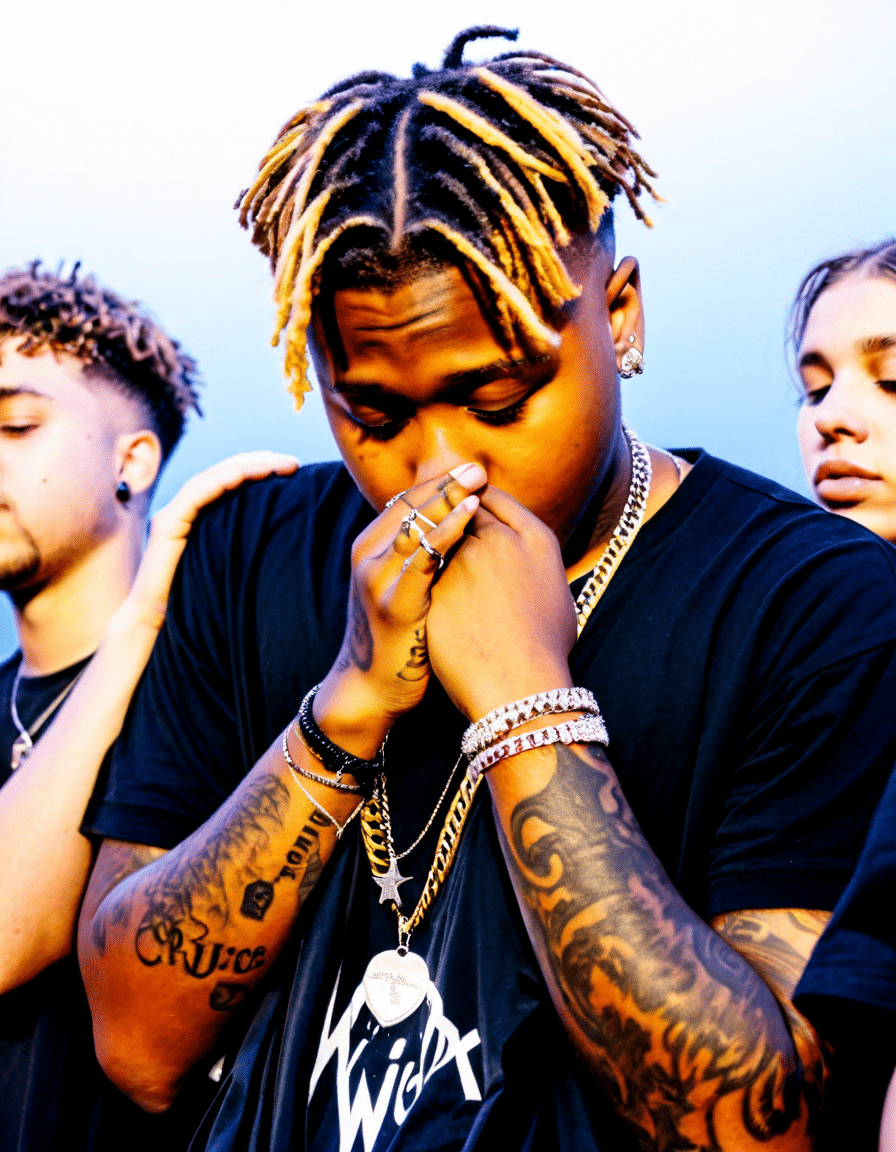
Cultural Reflections: Why Juice Wrld’s Death Matters
The loss of Juice Wrld serves as a stark reminder of larger issues plaguing the music industry, particularly concerning substance use and mental health. The fates of multiple artists, like Lil Peep and Mac Miller, showcase a troubling trend that cannot be ignored. Each death reverberates, calling into question the pressures artists face—be it from commercial expectations, personal struggles, or a combination of both.
Juice Wrld’s death has opened a dialogue that transcends his personal story and taps into a collective consciousness about the need for change. An industry that often glorifies excess and substance use is now forced to reckon with its role and responsibility. Artists like Logic have stepped up, using their influence to advocate for mental health awareness through songs like “1-800-273-8255,” which encourages conversation surrounding these critical issues.
The legacy of these tragic stories is the urgency they impart on the need for effective support systems within the music industry. Musicians, often seen as invincible, experience the same struggles as their fans. By unmasking these issues, Juice Wrld’s death acts not just as a cautionary tale but as a rallying point for awareness and change across the industry.
The Legacy of Juice Wrld: How His Music Lives On
Even with his passing, Juice Wrld’s musical legacy thrives, showcasing the depth of his artistry. Following his death, the posthumous album “Legends Never Die” topped charts and continues to resonate with fans, embodying both his struggles and his triumphs. His emotive lyrics and genre-blending sound have positioned him as a defining voice of his generation, ensuring his influence will last for years to come.
Juice’s signature sound—melding hip-hop, emo, and rock—created a unique space that appealed to a wide demographic. New listeners continue to discover his music, breathing fresh life into his message. Comparatively, artists like Post Malone or Billie Eilish also channel similar themes of vulnerability and mental health in their work. Juice’s music serves as a bridge, connecting diverse groups of fans who find solace in his words.
Fans regularly stream his tracks, solidifying a generational bond that transcends his physical absence. It’s in these moments of listening that his spirit lives on, filling the void left behind and compelling more discussions about mental health, grief, and connection through music.
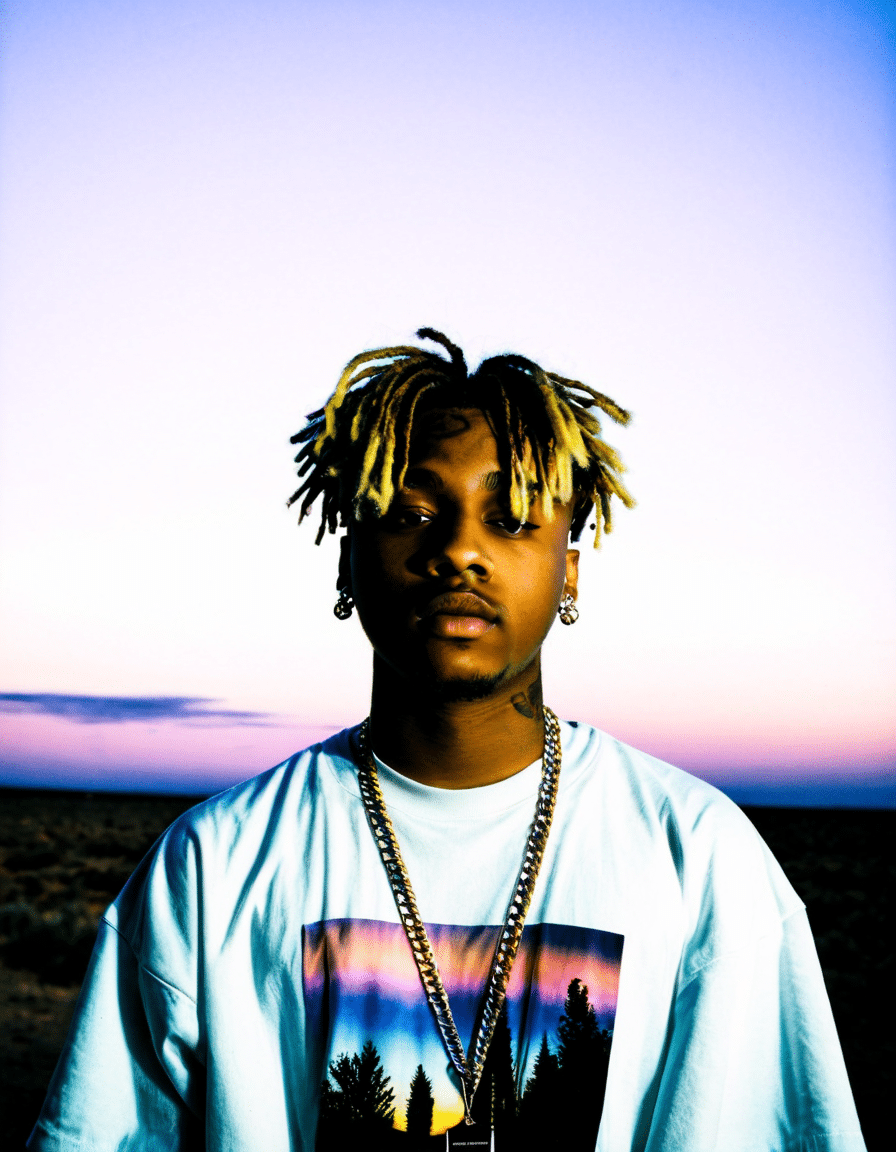
Where Is the Music Industry Heading? Juxtaposing Juice Wrld’s Legacy with Current Trends
The music landscape of 2026 holds significant reflections of Juice Wrld’s impact. His story has ignited essential conversations about mental health among artists today. Are more resources available now? Has the industry learned from past mistakes? Today, many artists openly communicate their battles with mental health, supported by a growing network of resources like mental health hotlines and initiatives aimed at promoting well-being.
The changes recognize the importance of healthy mental practices in a typically high-pressure environment. Some brands, such as Bluechew, are stepping up to support artists seeking mental health assistance. This highlights the growing acceptance of mental health discussions within creative fields and signals a shift toward more compassionate practices in the music industry.
By drawing comparisons with historical trends, it’s apparent that the industry is slowly evolving. Emerging artists today are often encouraged to prioritize their mental wellness and seek help when needed, thereby fostering a healthier and more sustainable music ecosystem.
What Does Juice Wrld’s Story Teach Us About Advocacy in Music?
Juice Wrld’s influence extends beyond his music; it prompts critical discussions surrounding advocacy in the industry. His passing emphasizes the necessity of proactive measures related to substance abuse and mental health. In recent years, various brands and organizations have committed to ensuring that artists receive the necessary support, a movement actively gaining momentum.
Companies are now actively reaching out to artists, offering programs tailored toward mental wellness, such as counseling or wellness retreats. Support networks are formed, creating a community where artists can seek help without the fear of stigmatization. The shift towards increased advocacy and support is crucial not just for current artists but also for future generations to come.
Juice Wrld’s legacy encourages all of us—fans, artists, and industry leaders alike—to step up and advocate for mental health resources. By maintaining the dialogue he sparked, we can help ensure that change continues to unfold.
The Fan Perspective: Who Should I Start Following Next for Authentic Content?
Following Juice Wrld’s footsteps, several emerging artists embody similar themes and characteristics, inviting fans to expand their music horizons. Artists like Iann Dior and Swae Lee have begun to capture the spirit of Juice’s narrative style, mixing vibrant beats with relatable lyrics that reflect the complexities of young adulthood.
By exploring fresh talent, fans can discover new songs that resonate with Juice Wrld’s ethos. For example, Iann Dior’s hits showcase emotional depth while maintaining an accessible sound that appeals to a broad audience. Similarly, Swae Lee embodies a laid-back style that still touches on significant life themes through his melodies.
As the landscape continues to evolve, fans are allowed to broaden their playlist and uncover narratives that echo the lessons Juice imparted during his short life. Who should I start following next? These new artists carry forth a torch lit by Juice, ensuring that his influence remains vibrant in the music community.
Final Thoughts: Navigating a Brighter Future Amid Grief
Juice Wrld’s death remains a glaring reminder of the myriad of challenges artists face daily and resonates deeply with fans navigating their own struggles. While his legacy continues to inspire many, his story reinforces the urgent need to address mental health discussions and the support systems necessary in the music industry.
As artists become more open about their issues, the hope is that the music landscape becomes safer and more supportive. While the path might be fraught with grief, it can also lead to understanding and healing. By nurturing the conversations that his life and tragic passing inspired, there’s a chance for the industry to evolve toward a brighter, healthier future for all involved.
How Did Juice Wrld Die?
Juice Wrld, the brilliant rapper and singer born Jarad Higgins, tragically passed away in late 2019. The artist’s life was cut short at just 21, a shocking end that left fans heartbroken and wondering how did Juice Wrld die. His death was ruled an accidental overdose due to a combination of oxycodone and codeine. This somber event not only shocked the music community but also sparked discussions about mental health, substance abuse, and the pressures of fame. Interestingly, fans often point to Juice’s relatable lyrics as a connection to their own struggles, especially those that echo the Lyrics Of misery business, highlighting the universal feeling of despair.
A Legacy Left Behind
Juice Wrld’s influence goes beyond just his music; he also touched many lives with his candid discussions about mental health. His passing emphasized the importance of opening up about struggles and seeking help. The rapper wasn’t afraid to be vulnerable in his songs, creating a cultural dialogue that’s now more crucial than ever. His life reminds us that while we have our heroes, they too grapple with their demons. Speaking of grappling with pressures, many athletes face similar challenges, reflecting on their emotional health. Just look at the pro bowl 2025; players like Garrett Wilson are becoming role models, bringing visibility to mental health in sports.
Fun Facts and Tidbits
As we reflect on Juice Wrld’s legacy, let’s sprinkle in some fun trivia. Did you know that the artist was inspired by video games and cartoons? His love for entertainment led to the ultimate tribute in his work, weaving complex narratives much like the stories seen in titles like The Maxx. He had a passion for creative expression that resonated with fans across generations, much like the nostalgic connection some have with characters like Smurf.
Moreover, dedicated fans often commemorate artists through tattoos or Tatuajes para hombre, celebrating their favorite lines and moments. This form of expression has become a symbol of devotion, much like how Juice’s music tattoos are popping up worldwide. Sadly, the pain behind such tributes often urges fans to reflect on the fragility of life, making Juice’s story an important cautionary tale that promotes awareness about the pitfalls of substance use.

